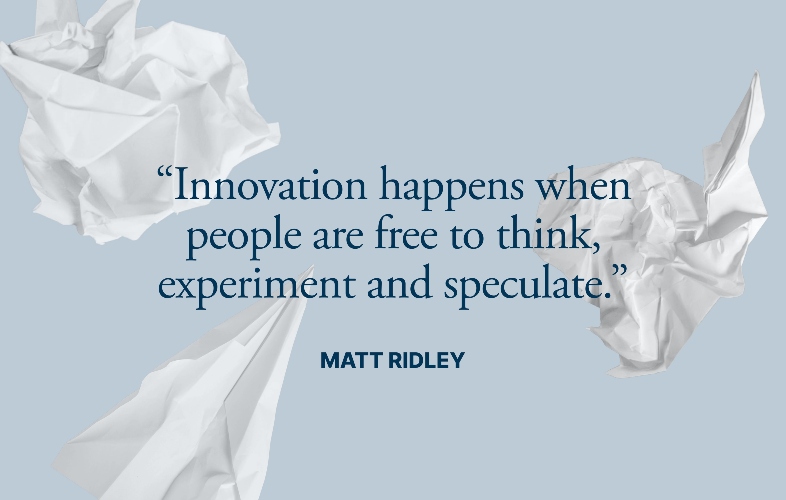
Save Your Employees From Video Call Fatigue: Here Are 5 Tips To Remember
The face of meetings and interactions have changed a lot since the pandemic has hit us hard. Truth be told: The real world face to face meetings weren’t as tiresome as the virtual face to face meetings today are. We weren’t as aware of our co-workers’ underside of their chin as we are now, thanks to the pandemic!

So here, in this blog, let’s outline some key reasons why employees face ‘video call fatigue’ and also take a look at a golden checklist to overcome it.
Mental Overburden
In face to face conversations, body language plays an important role. More than the words, the tone of the message can be understood by body language of the sender. Whereas, during video calls we don’t get a lot of non verbal cues. As a result, our brain tends to put in more effort to understand the hidden meaning. This overburdens the brain and causes mental fatigue.

Less Variety
Human beings like to live in a constantly changing environment that challenges them and gives them variety. However, in the current scenario, as it is safer to be home, we all are unable to move outside, the whole world and work is shifted to virtual mode and the complete work environment has fallen at one place- video calls. This has become weary for the employees.

Distractions
All of us have had that moment where we decide to focus on the next meeting, listen intently, grab all that’s being said but then one email, one text from our friend disrupts all our resolutions. On top of this, there’s always a constant polite reminder we give to our family members to not disturb us when they walk into our workstation. This not only disrupts the flow of work but also proves taxing at the end of the day.

Inhibited
Face to face talks don’t prove exhaustive because one can always steal a glance outside the window or here and there. Over a video call on the other hand, the only way to make others believe that you’re paying attention is by constantly gazing at the screen, showing your face. Also to add, while talking face to face in an office one doesn’t really pay attention all the time to how they are looking. While on a video call you can clearly see yourself, your expressions, smile, wrinkles and this makes one hyper aware of oneself. A small window of yourself makes you super self conscious and instead of paying attention, you get distracted.

Mental burden, less variety, distractions and inhibitions are some of the basic reasons that divert our attention from the actual conversation and shift our focus, draining our energy, causing weariness and thus resulting in ‘video call fatigue’.
To overcome all of these barriers, we’ve devised a 5 tips golden checklist for you:
1. Take short breaks- Mini breaks during the video calls help in rebuilding focus.. Youcan just look away from the screen, minimise the tab or take a short walk around the room. If there’s a longer duration call, keep it optional to switch on the cameras. It is possible that people will pay more attention and grasp more.

2. Reduce onscreen stimuli – Looking at yourself at the screen can be a big distraction, so it is advisable to keep yourself hidden on the screen. Employees can also be asked to be muted unless necessary because more than one’s video, the background noises cause more obstruction. Usage of plain backgrounds can also be promoted.

3. Emails or Voice calls– It is advisable that not every little thing needs to be discussed on video calls. Small talks can be done on phone calls or emails so that the employees are relaxed from video conferences. This would give time to recharge and boost up again for further work.

4. Balancing out between tasks– Usually employees tend to attend video meetings while already being engaged in some task. Don’t encourage this activity. Multitasking at the time of video calls can lead to enervation. Putting the phone away and just staying present physically and mentally would enrich performance.

5. Formatting a particular time– Video call at any time of the day can be stressful for the employees. It’s better to figure out a time when it can be conducted that suits both the parties. It can be scheduled either at the beginning or the end, this way the whole day would not seem like a series of video calls.

Job burnouts are common nowadays and video calls are likely to stay. So focusing on opening more communication lines that are casual and not too formal would help in reducing video call fatigue too.






